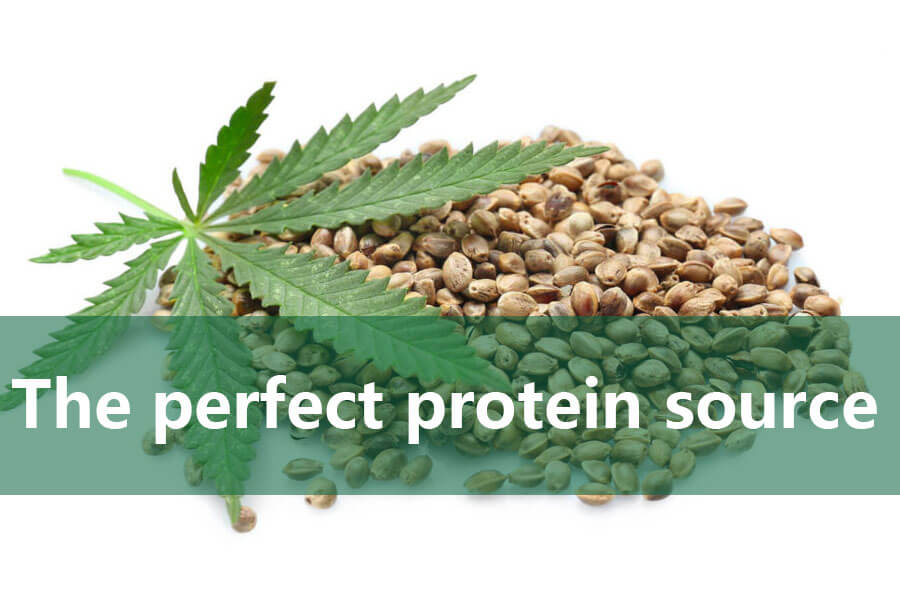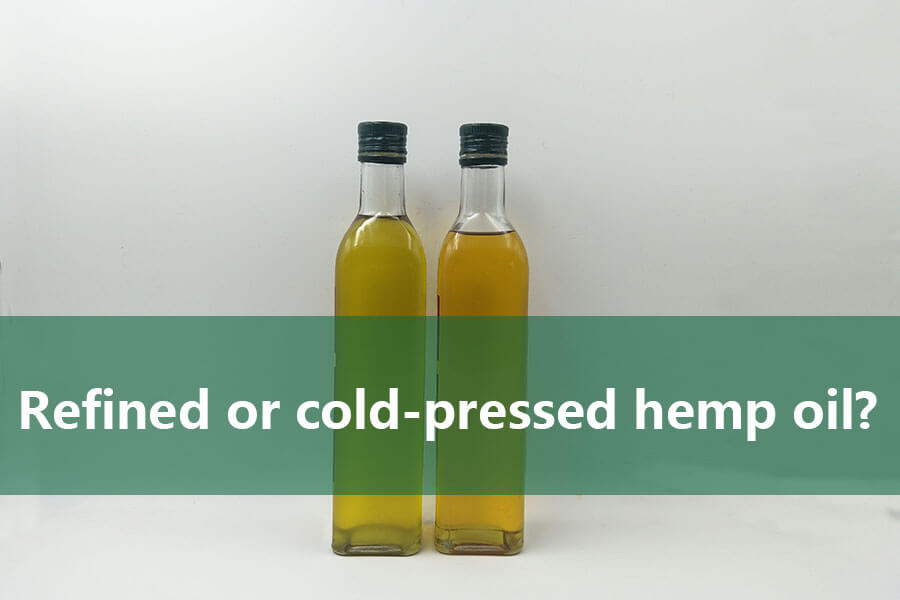As more people embrace plant-based diets for their health benefits and environmental sustainability, plant-based proteins have gained popularity. Among them, organic sunflower seed protein stands out for its unique attributes. This article explores how organic sunflower seed protein compares to other popular plant-based proteins like pea, hemp, and soy.
1. Nutritional Profile
Organic Sunflower Seed Protein:
- Protein Content: Sunflower seed protein offers a high protein content, providing all essential amino acids. However, it’s slightly lower in lysine compared to other proteins.
- Micronutrients: Rich in vitamins E, B1, and B6, as well as minerals like magnesium, phosphorus, and selenium, making it a nutrient-dense option.
- Healthy Fats: Contains beneficial fatty acids, including omega-6 and omega-9, supporting heart health and overall wellness.
Pea Protein:
- Protein Content: Pea protein is known for its high protein content and excellent amino acid profile, especially high in lysine.
- Micronutrients: Contains vitamins A, C, K, and minerals such as iron, calcium, and potassium.
- Fiber: High in dietary fiber, promoting digestive health.
Hemp Protein:
- Protein Content: Hemp protein provides a balanced array of essential amino acids but is slightly lower in lysine.
- Micronutrients: Packed with minerals like magnesium, phosphorus, zinc, and iron, and vitamins E and B.
- Healthy Fats: Contains omega-3 and omega-6 fatty acids in an ideal ratio, supporting inflammation reduction and cardiovascular health.
Soy Protein:
- Protein Content: Soy protein is a complete protein, providing all essential amino acids in sufficient quantities.
- Micronutrients: Rich in vitamins B, K, and minerals such as calcium, iron, and phosphorus.
- Phytonutrients: Contains isoflavones, which have potential health benefits such as reducing the risk of certain cancers and improving heart health.
2. Digestibility and Allergenicity
Organic Sunflower Seed Protein:
- Digestibility: Highly digestible, making it gentle on the stomach and suitable for people with digestive sensitivities.
- Allergenicity: Hypoallergenic, making it an excellent option for those with common food allergies like soy, dairy, or gluten.
Pea Protein:
- Digestibility: Generally well-digested but may cause bloating or gas in some individuals due to its fiber content.
- Allergenicity: Hypoallergenic and suitable for most people with food allergies.
Hemp Protein:
- Digestibility: Easy to digest, although some individuals may find it slightly gritty due to its fiber content.
- Allergenicity: Hypoallergenic and safe for most people with food allergies.
Soy Protein:
- Digestibility: Well-digested by most individuals, but some may experience digestive discomfort.
- Allergenicity: Common allergen, which may cause reactions in individuals with soy allergies.
3. Environmental Sustainability
Organic Sunflower Seed Protein:
- Sustainability: Sunflower cultivation is environmentally friendly, requiring fewer resources and promoting soil health through crop rotation. Organic farming practices further reduce the use of pesticides and chemical fertilizers, making it a sustainable choice.
Pea Protein:
- Sustainability: Pea cultivation is sustainable, as peas fix nitrogen in the soil, reducing the need for synthetic fertilizers. Peas also require less water compared to other crops.
Hemp Protein:
- Sustainability: Hemp is one of the most sustainable crops, requiring minimal water, and no synthetic fertilizers or pesticides. It also helps improve soil health and sequester carbon.
Soy Protein:
- Sustainability: Soy cultivation has a mixed environmental impact. While soybeans can fix nitrogen in the soil, large-scale monoculture farming and deforestation for soy production can have negative effects on biodiversity and ecosystems.
Conclusion
Organic sunflower seed protein stands out as a highly nutritious, hypoallergenic, and environmentally sustainable option among plant-based proteins. While each protein source has its unique benefits, organic sunflower seed protein’s rich nutrient profile, gentle digestibility, and eco-friendly cultivation make it an excellent choice for health-conscious individuals seeking a balanced and sustainable protein supplement. Whether you’re looking to boost your protein intake or support your fitness goals, organic sunflower seed protein offers a versatile and wholesome solution.


